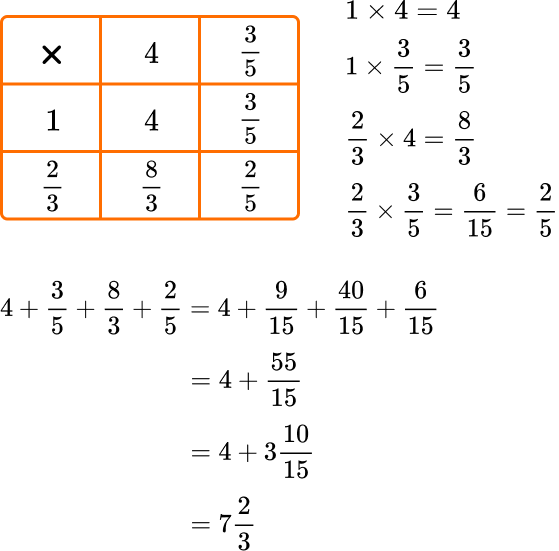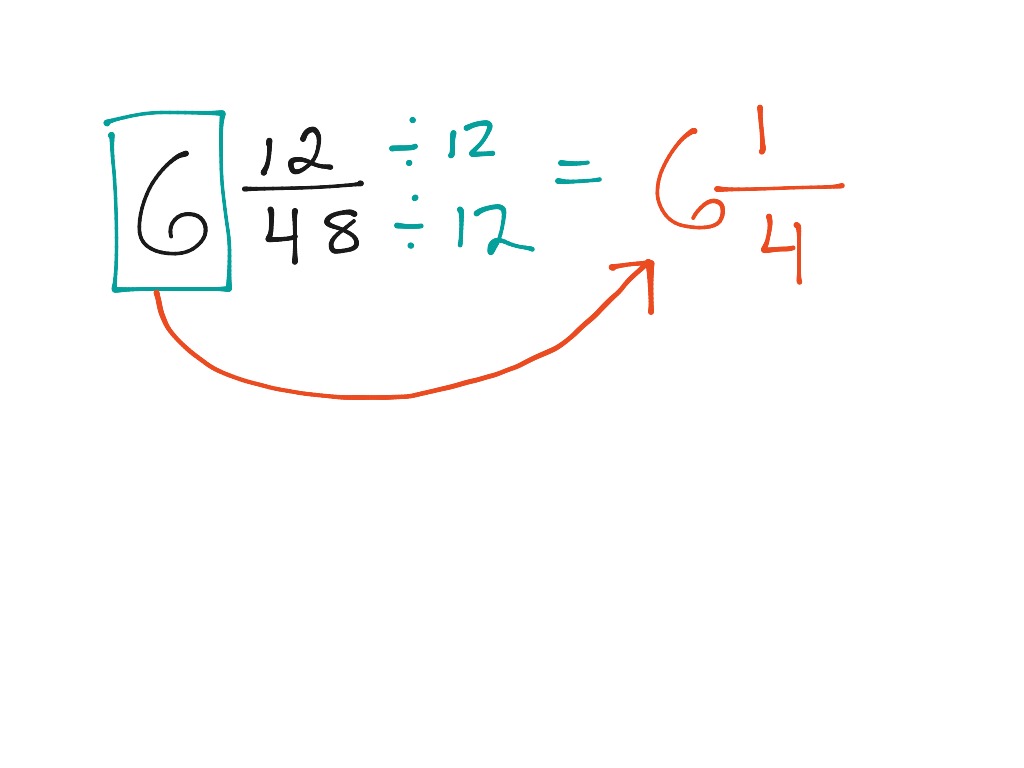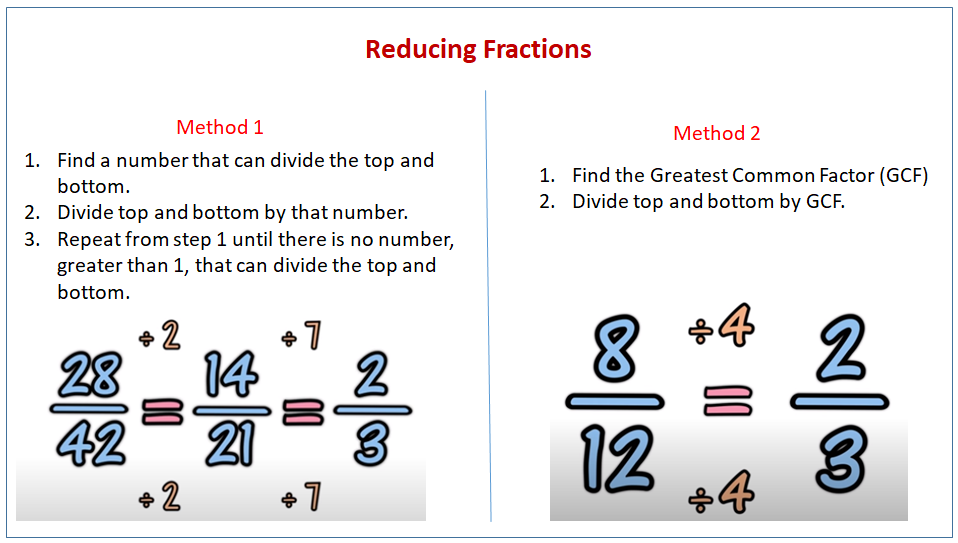Marvelous Info About How To Get Rid Of Fractions

Determine the least common denominator of all fractions appearing in the equation.
How to get rid of fractions. Fractions within fractions is sometimes referred to as complex fractions, though this name is misleading in that this topic does not involve complex numbers. When a “normal” fraction contains fractions in either the numerator or denominator or both, then we consider it to be a. Fractions involving large numbers can be a handful, but sometimes these fractions can be reduced, taking those large numbers off.
In this section we introduce techniques that clear fractions and decimals from equations, making the resulting equation a lot easier to solve. How to get rid of the fractions in your equations before solving the system. In this case, $\frac{1}{\frac{1}{\sqrt{2}}}=1\cdot\frac{\sqrt{2}}{1}=\sqrt{2}$, as desired.
Solve equations with fractions that require several steps. This video is part of an online course, college algebra. A fraction with a monomial term in the denominator is the easiest to rationalize.
Since fractions are another way to write division, and the inverse of divide is to multiply, you remove fractions by multiplying both sides by the. Use the multiplicative property of equality and distribution to multiply both sides. Your game plan is to multiply both sides of.
Metalenz and samsung have teamed up to bring biometric face identification to android at a fraction of the size and cost of apple’s face id here’s how metalenz. Clearing the fraction from the equation in order to solve for the variable. Multiply both sides of the equation by that lcd.
To get rid of a fractional. Solve equations by clearing the denominators find the least common denominator of all the fractions in the equation. When clearing fractions from an.
The best way to deal with linear equations that involve variables tangled up with fractions is to get rid of the fractions. 45/100 (since there are two decimal places, use 100 as the denominator). Multiply the numerator and denominator by the radical in the denominator.
Luckily, you can simplify a complex fraction to make it much easier to work. How do you simplify a fraction over a fraction? This technique only works for when you are trying to solve for a variable.
Check out the course here: Write it as a fraction: This step will multiply out (or cancel out) the fraction in the denominator to 1, thus getting rid of the fraction in the denominator.
To remove fractions: We can multiply both sides of the equation by x to turn it into a more familiar, linear form without. It turns out that division is the same as multiplying something by its reciprocal.


















